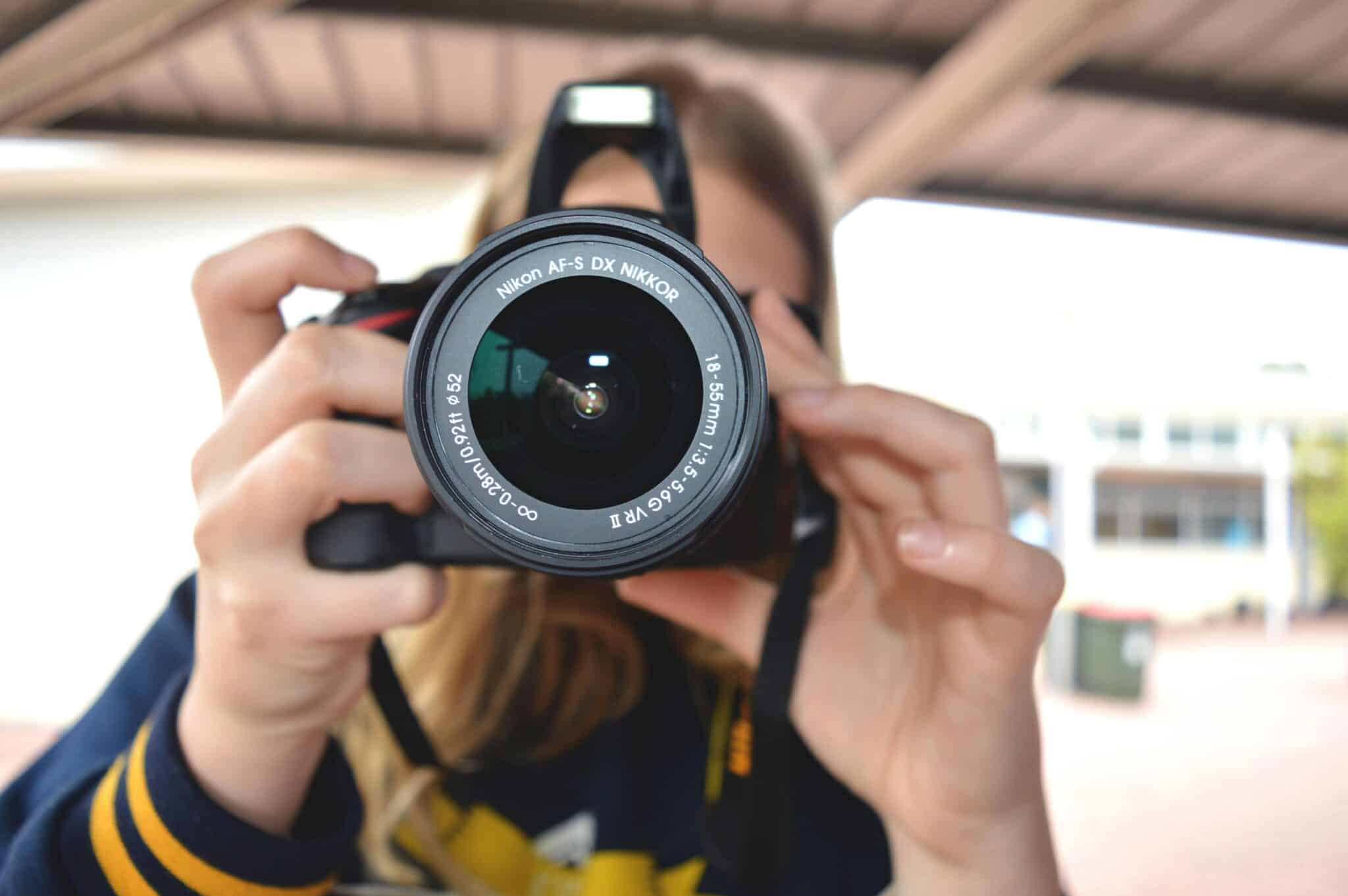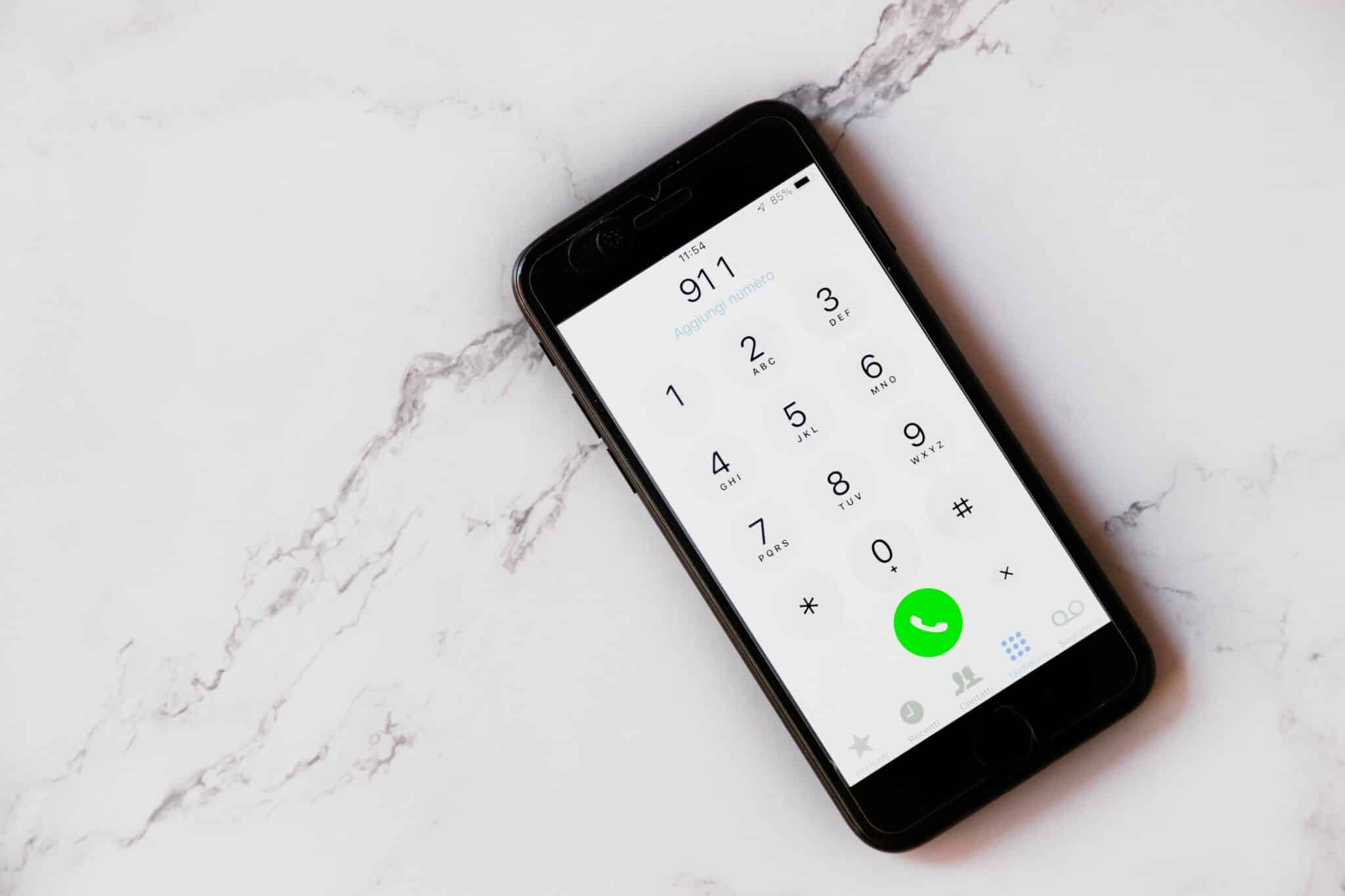
Professional integration
Professional integration in France covers employment, internships, work-study programs, and entrepreneurship opportunities available to international students and researchers, depending on their status and residence permit.
The Welcome Desk Paris supports you step by step: personalized advice, and several events dedicated to professional integration to speed up your applications and career plans.
On this page, you will find clear and concise practical guides to understand your rights, identify the right programs, and access useful platforms to succeed with your project in France.
WORKING WHILE STUDYING
As an international student, you may take on a professional activity alongside your studies, under certain conditions:
- No work authorization required: your long-stay visa (VLS-TS) or “student” residence permit allows you to work part-time (with some exceptions).
- Maximum duration: up to 964 hours per year (60% of full-time hours). Exceeding this limit may jeopardize the renewal of your residence permit.
- Exceptions: apprenticeship contracts (possible full-time under conditions), professional training contracts, or specific programs (PhD students, CIFRE, etc.).
- Algerian students: specific rules → max. 822 hours/year and work authorization required.
💡 Note: the “student” residence permit does not allow you to work as a self-employed auto-entrepreneur.
👉 Administrative procedures mainly concern the employer (declaration of employment to the prefecture).
📄 See the full guide for details on procedures, exceptions, and forms to complete.
LOOKING FOR A JOB, WORK-STUDY OR INTERNSHIP
Working while studying is possible, but certain rules apply depending on your nationality:
- EU students: you may work in France without a work permit.
- Non-EU students (except Algerians): you may work part-time, up to 964 hours per year.
- Algerian students: you must request a work authorization and are limited to 822 hours/year. 💡 Note: self-employment is not allowed for non-EU students.
To find a job, internship, or work-study program, many specialized websites exist (France Travail, Jobaviz, L’Étudiant, Studyrama, etc.). You can also get support from the CIDJ, Cité des métiers, your university’s career office (BAIP), or attend recruitment fairs in Paris and the Île-de-France region.
📄 See the full guide for job platforms, support programs, and resources for writing your CV and cover letter.
LOOKING FOR A RESEARCH POSITION
European researchers: may work in France without a residence permit or work authorization.
Non-European researchers: must hold a “Talent–Researcher” residence permit (or “Scientific–Researcher” for Algerians), issued on the basis of a hosting agreement with an accredited institution. This permit allows full-time work, but only for the missions specified in the agreement. Family members are granted an associated residence permit, also allowing them to work.
💡 Note: the “researcher” permit is valid for the duration of the hosting agreement and can be renewed depending on the project’s length.
For applications (PhD, post-doc, research positions) and funding opportunities: Euraxess Jobs, Association Bernard Gregory, Campus France, Science Careers, Academic Positions, CIFRE programs, and other scholarships are listed in the full guide.
📄 See the full guide for all platforms, funding opportunities, support services, and specialized fairs.

























